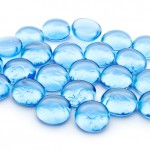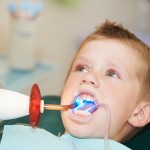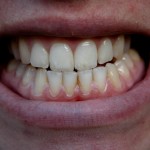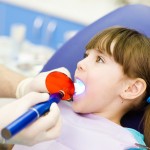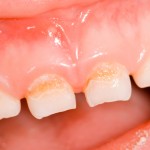
This review looked at topical fluoride for remineralising or arresting caries. 17 RCTs were included and overall remineralised early enamel caries using % fluoride varnish = 63.6 % (95% CI; 36.0 to 91.2 %) and 38% silver diamine fluoride had an overall proportion of arrested dentine caries = 65.9% (95% CI; 41.2 to 90.7 %).
[read the full story...]
